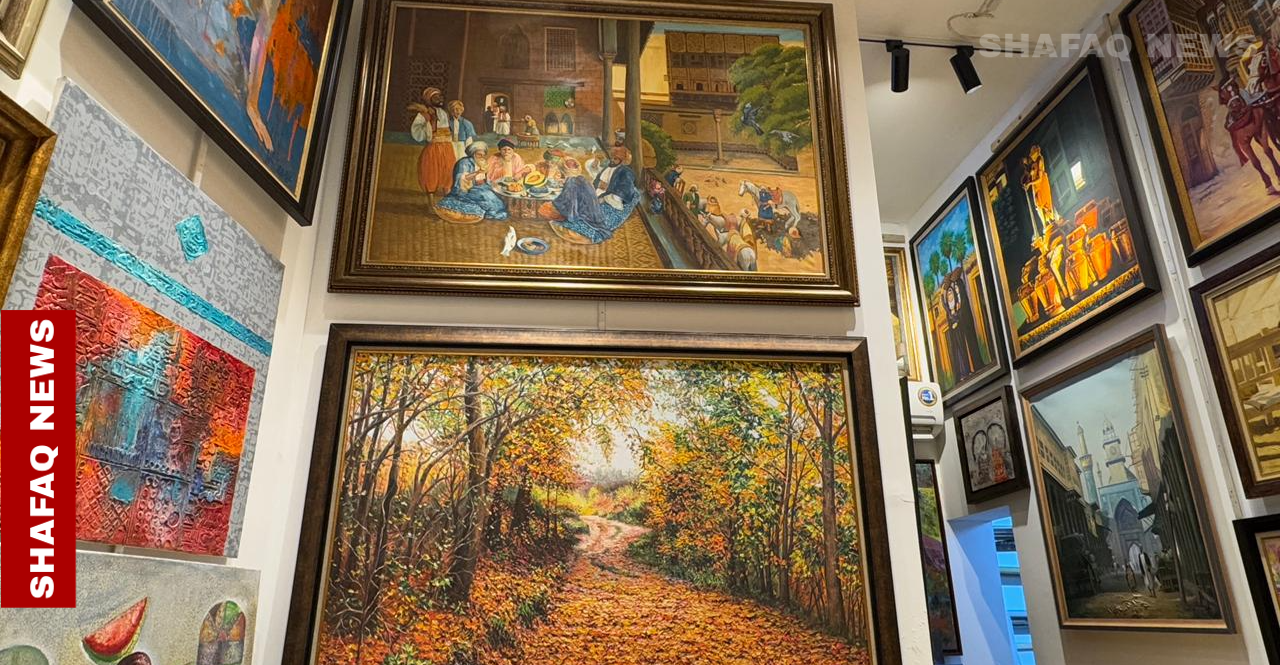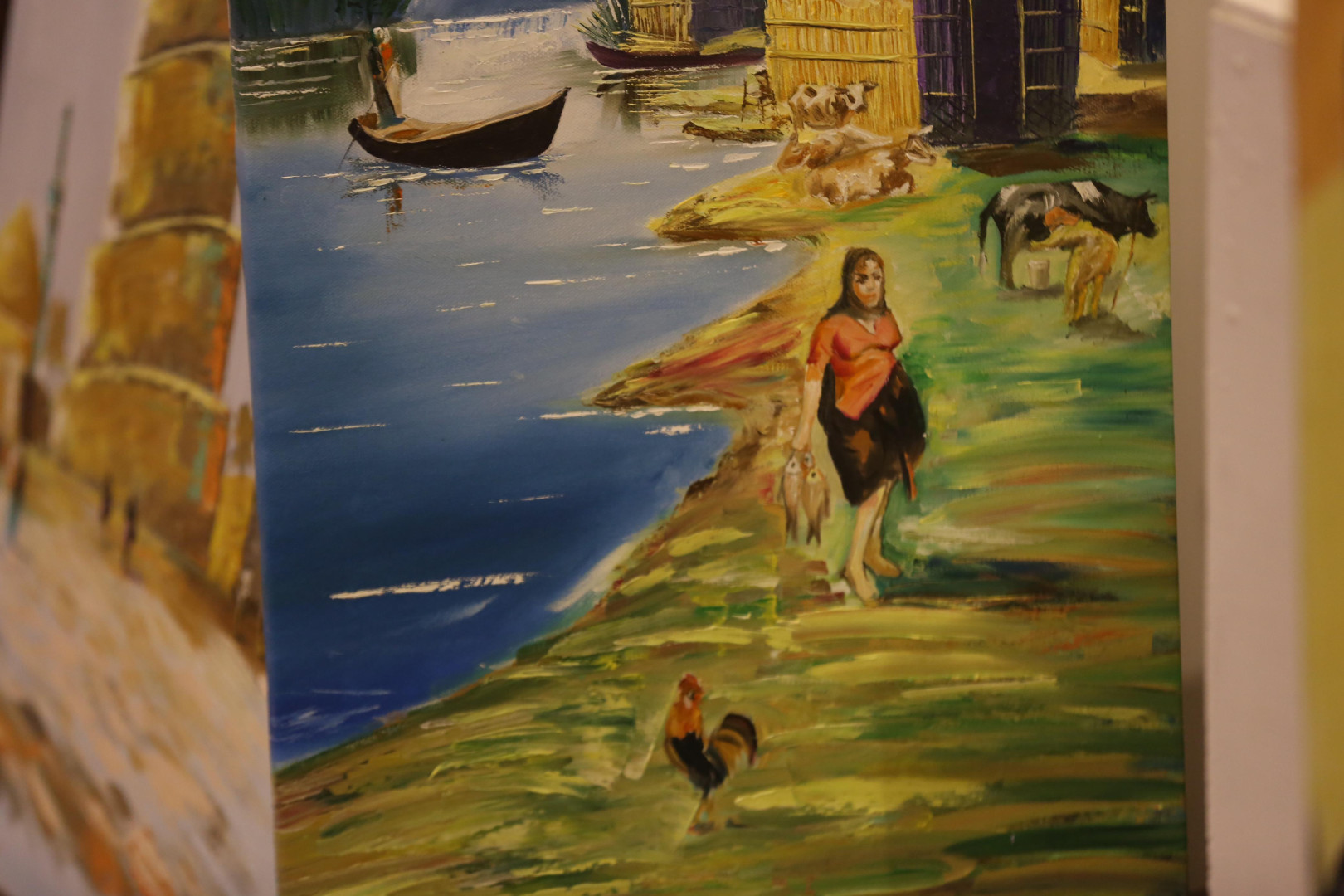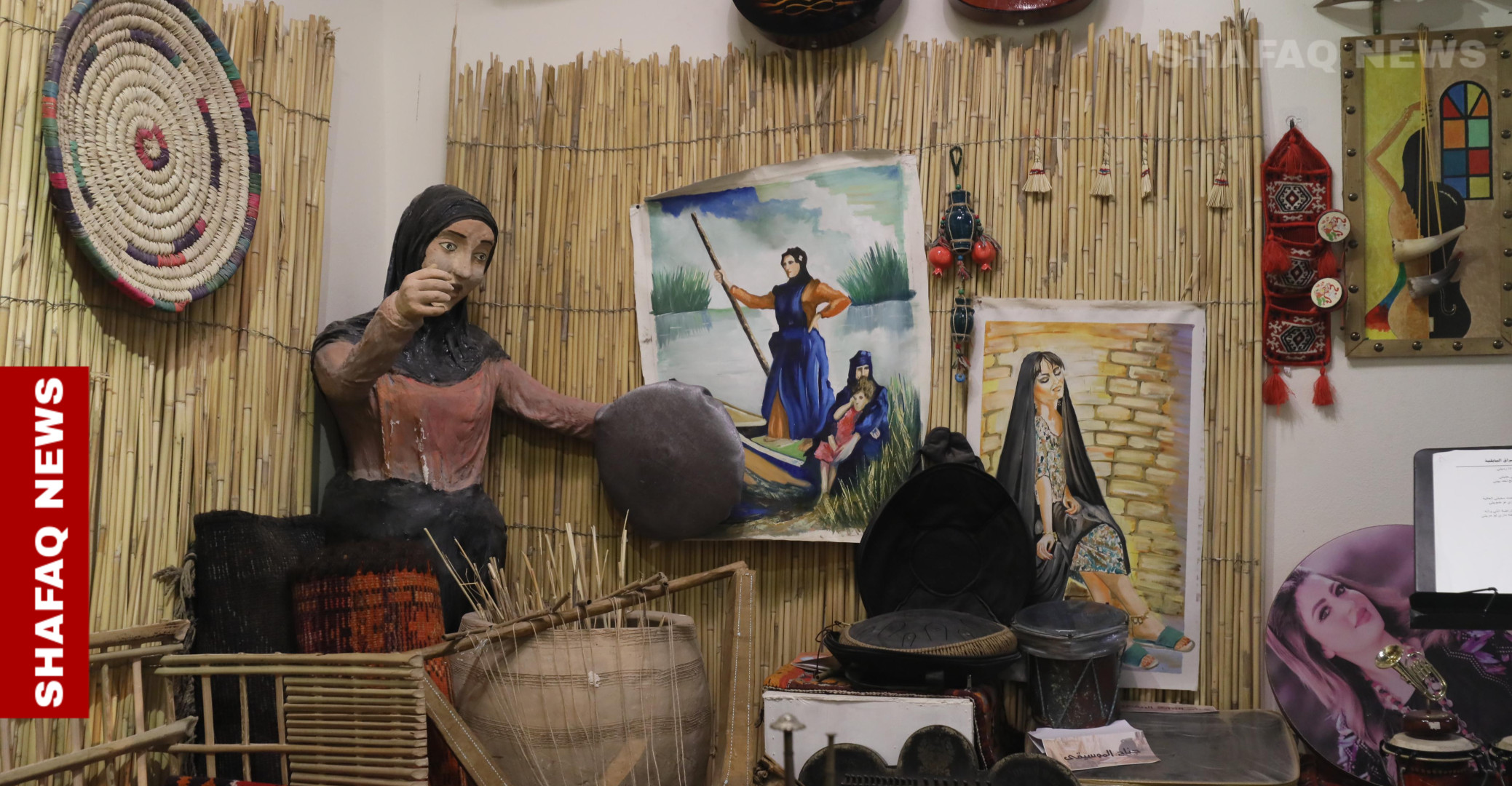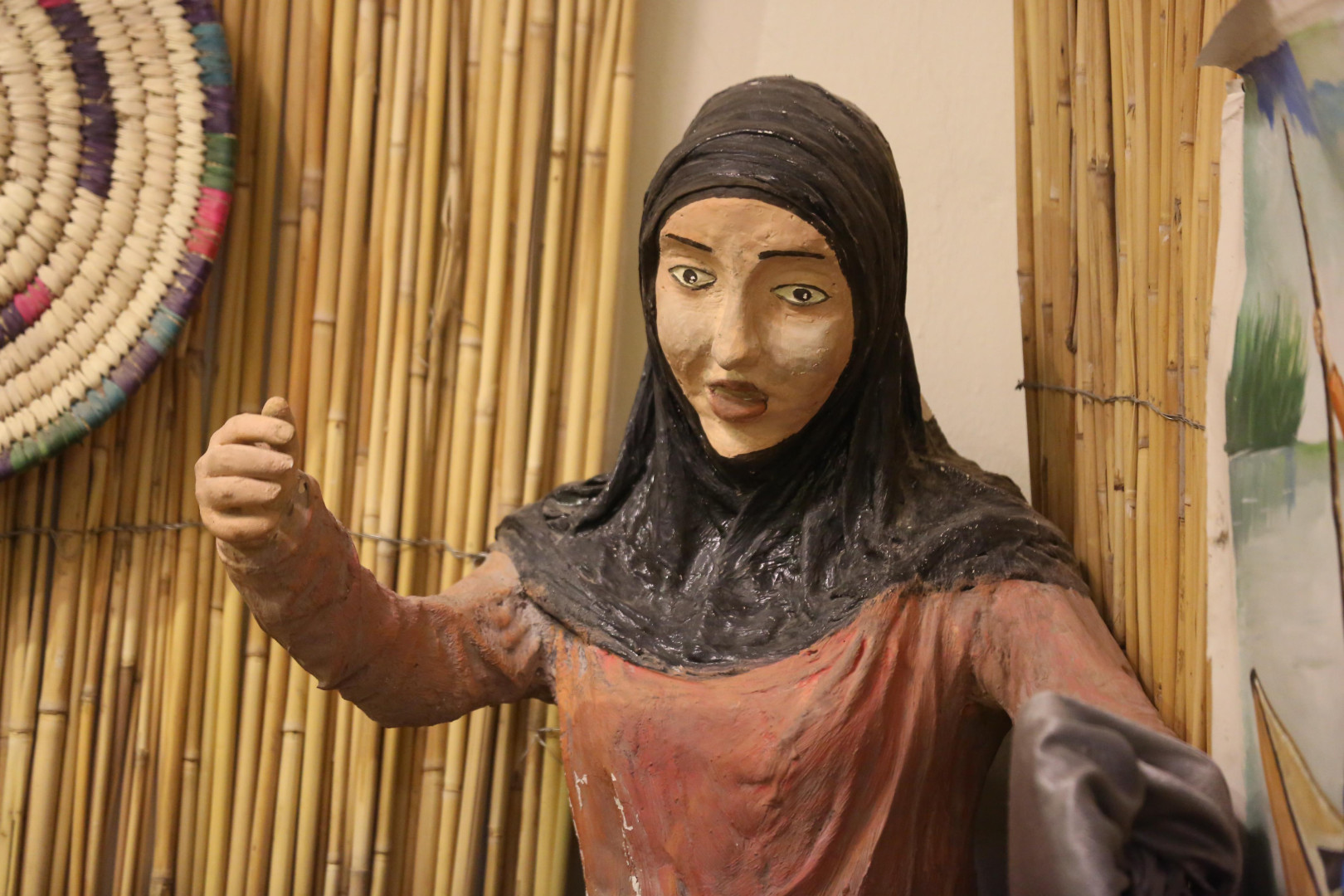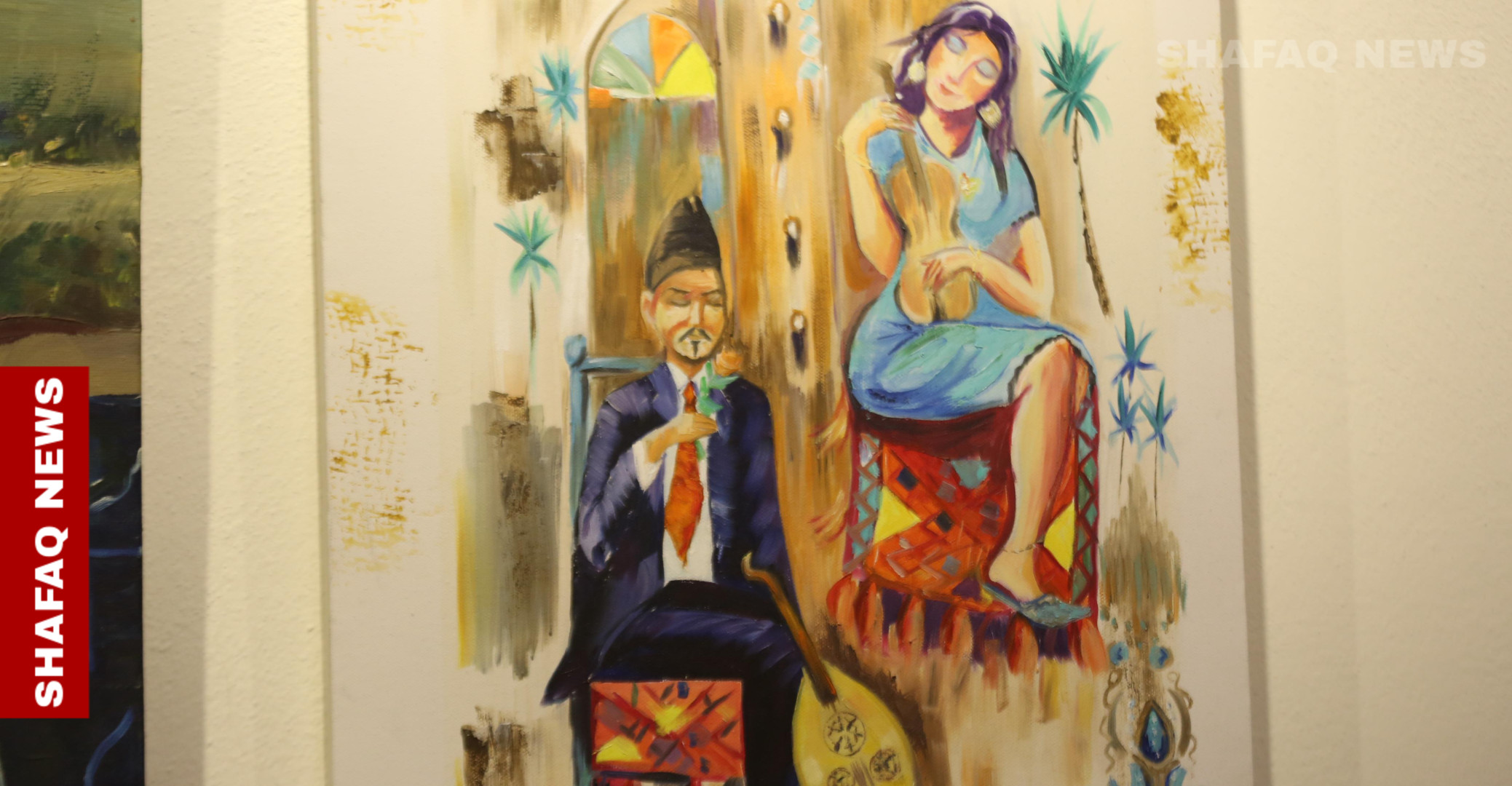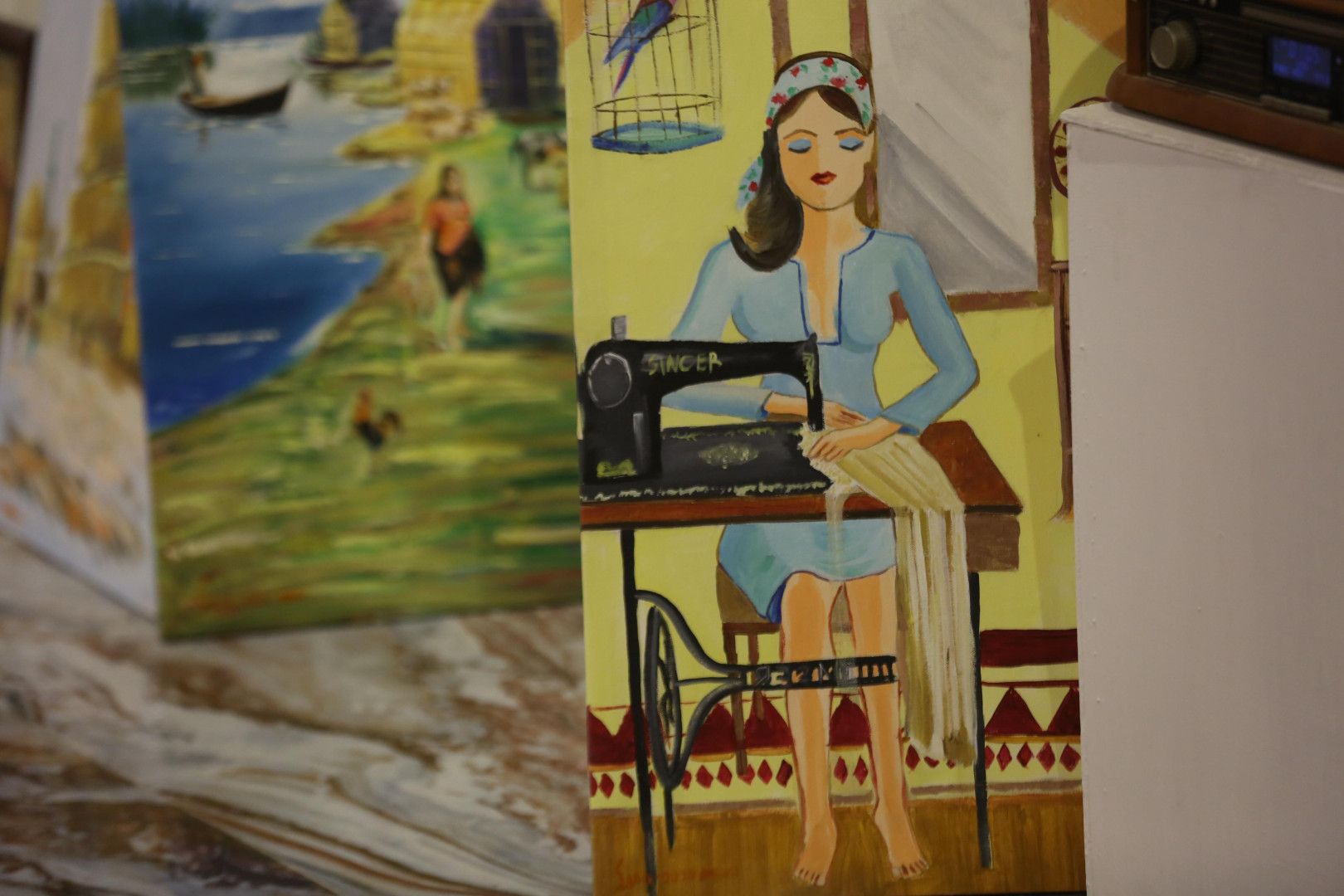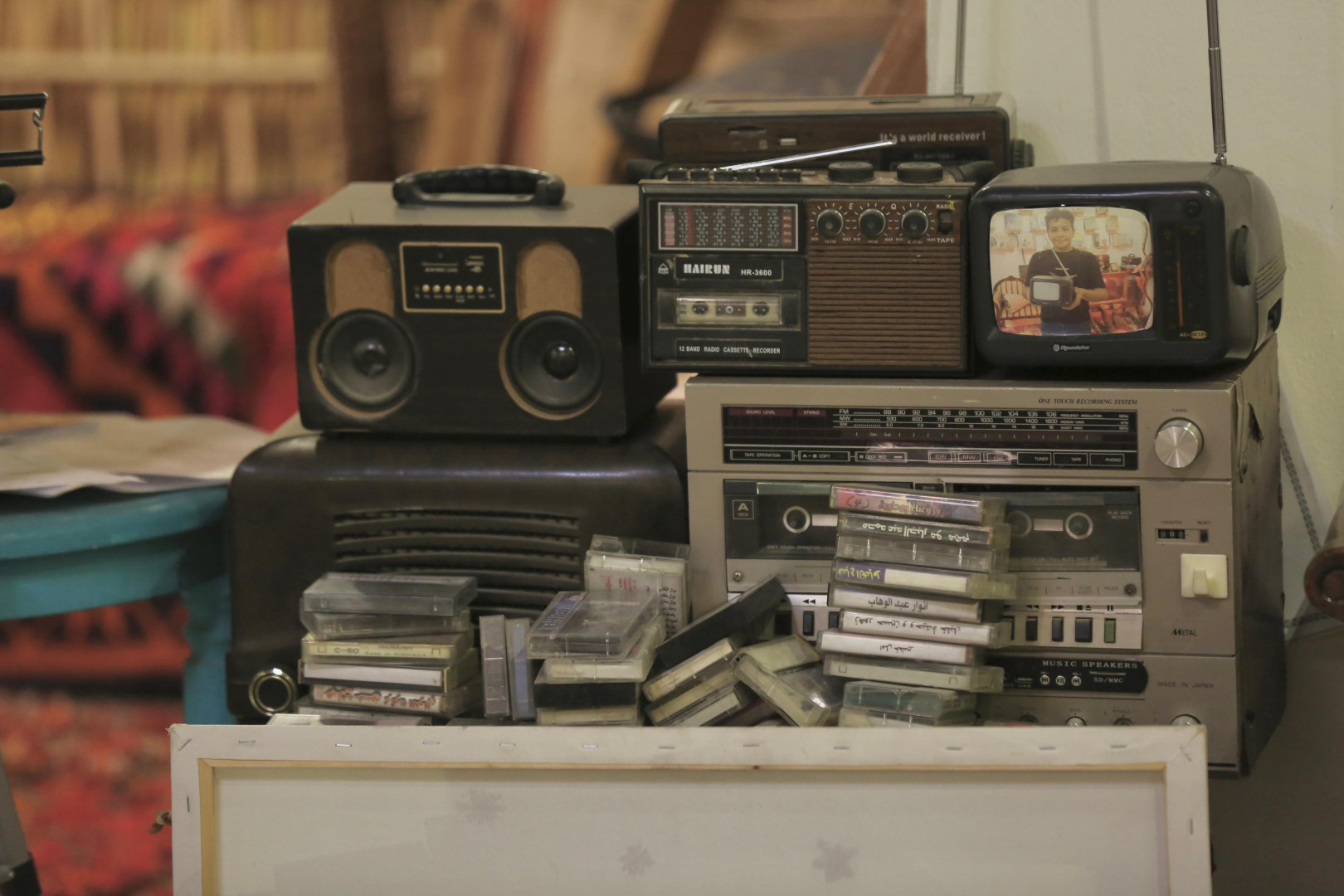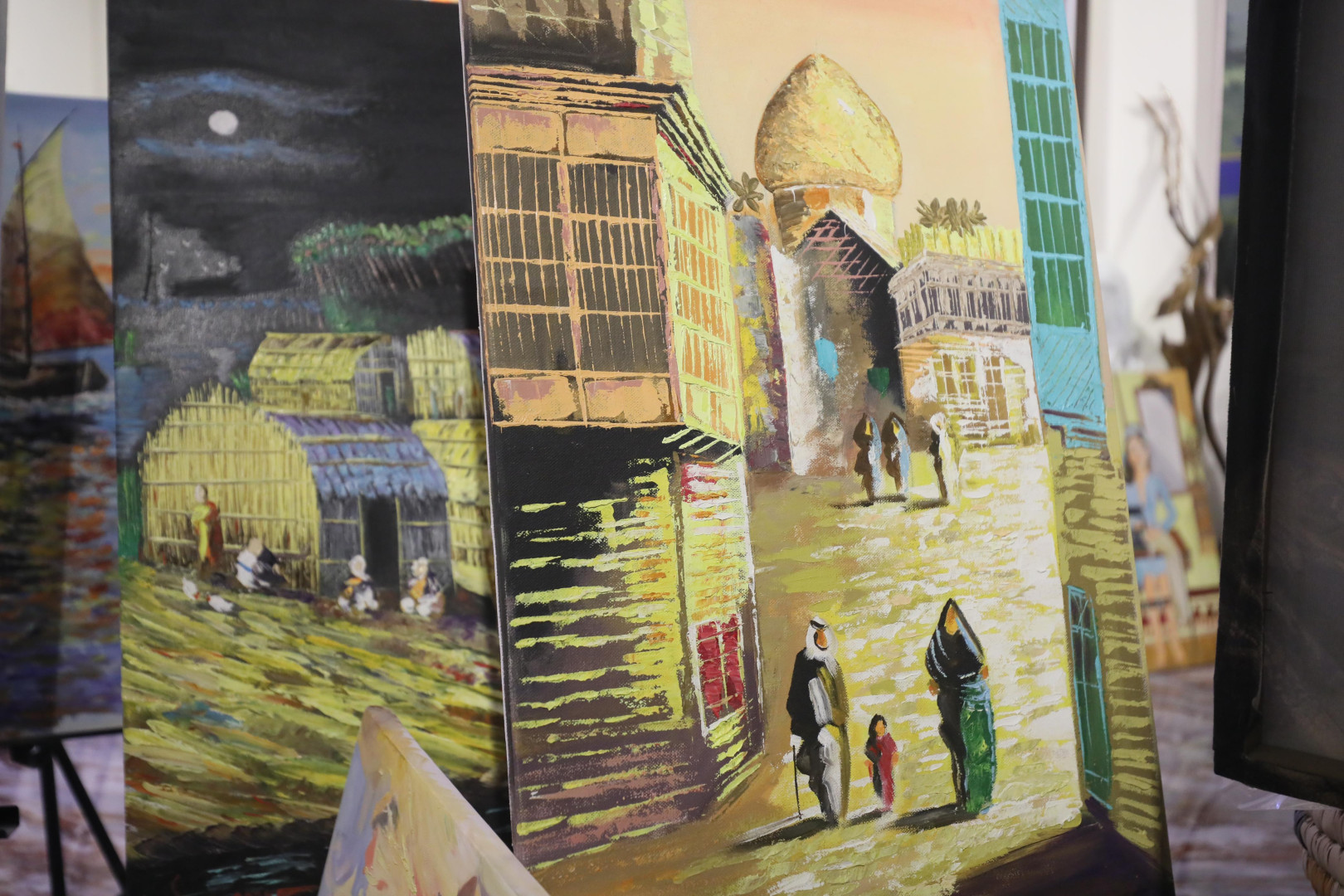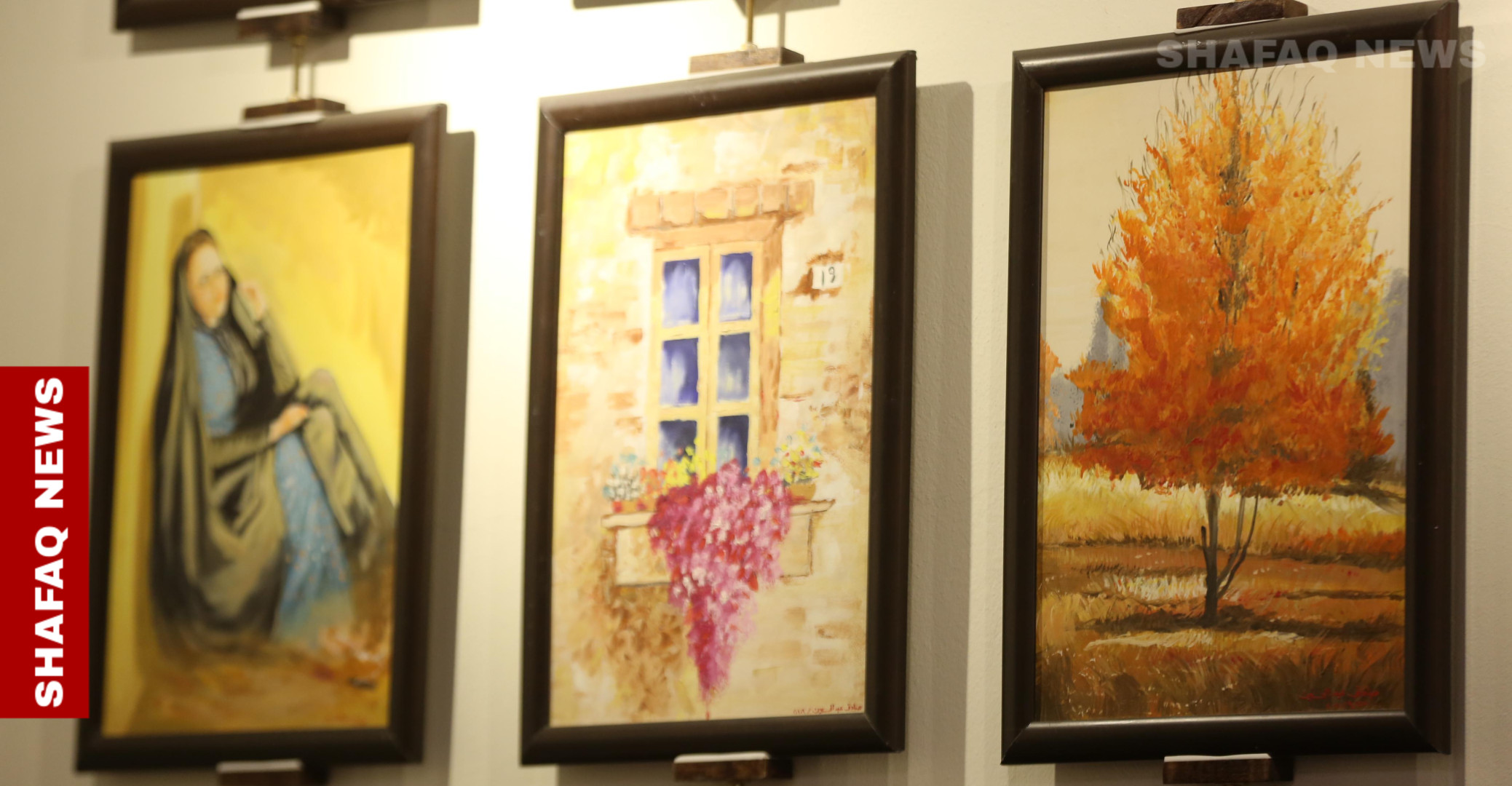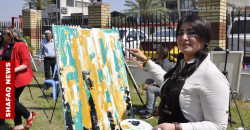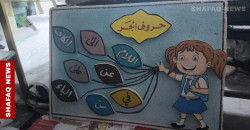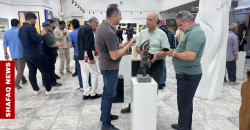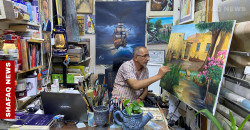The Painters’ Market in Baghdad: From vibrant hub to quiet legacy
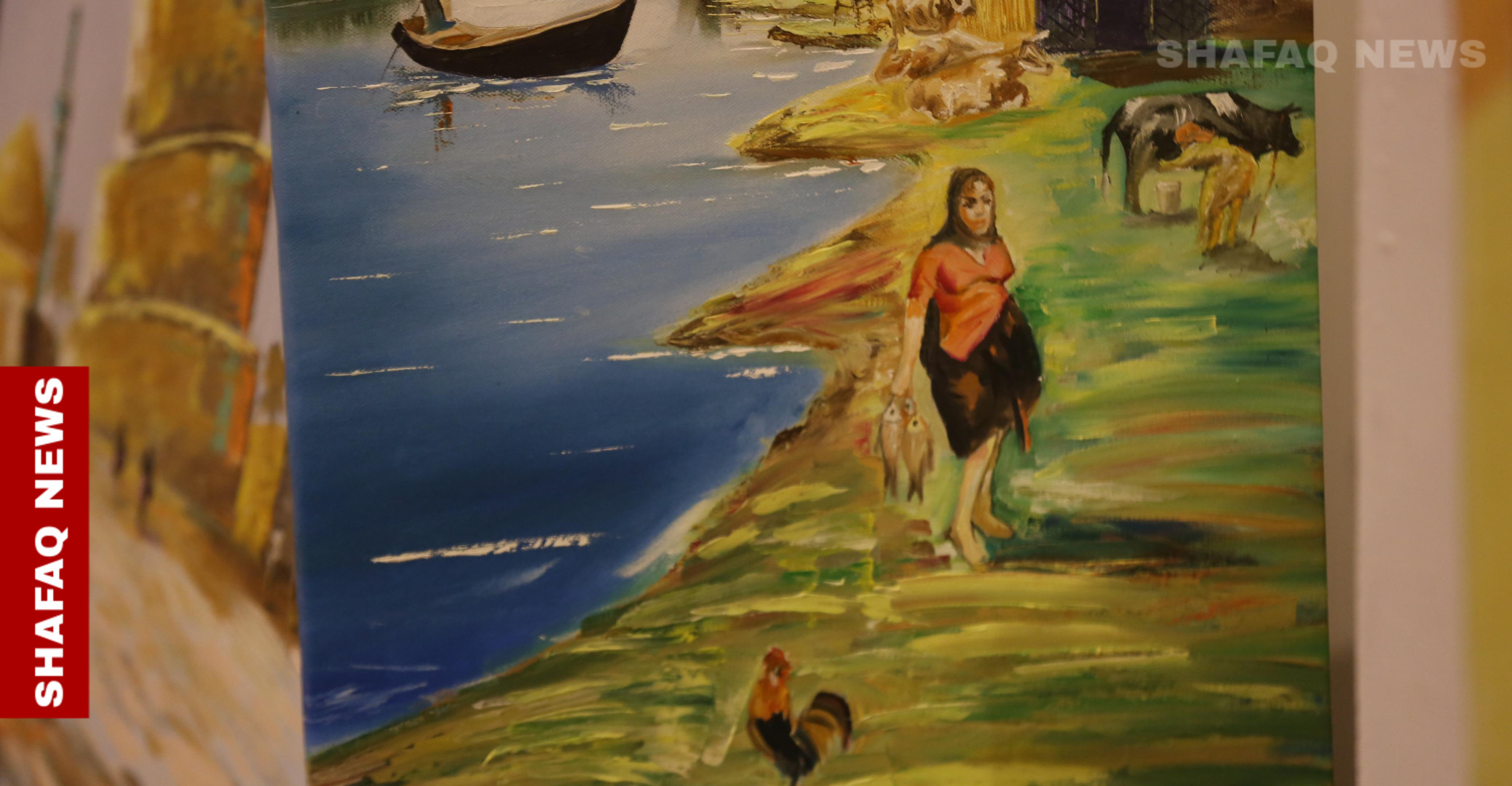
Shafaq News/ The Painters’ market in Baghdad's Karrada district, once a thriving center of fine arts, now stands as a treasure trove of creativity. It showcases exquisite Arabic calligraphy, intricate Islamic ornamentation, and paintings representing a diverse range of styles, including realism, impressionism, abstraction, and classicism.
Baghdad's Painters' Haven
Established in 1975, the market reached its peak in the 1990s, hosting 64 bustling shops and galleries filled with diverse artwork.
Uday Sharba, who owns a shop in the market, described the site as a harmonious blend of Eastern authenticity and modernist touches inspired by European art schools.
He told Shafaq News, “There are no fixed prices for the paintings, as they are often created based on customer requests, but commercial activity has become limited due to the decline in tourism.”
Regarding the clients, Sharba pointed out that “current buyers of artwork are primarily connoisseurs of fine arts, with many favoring Eastern and traditional pieces. However, some paintings incorporate modern artistic elements with designs and colors reminiscent of European art schools, yet crafted with a local perspective.”
No Longer the Same Place
Today, the Painters’ market has dwindled to just 15 shops and galleries, grappling with a lack of visitors and sluggish commercial activity.
Once an Iraqi icon, it now seeks a new outlet amid challenges, with a lack of support and recognition casting a shadow over one of the Middle East's most significant fine arts landmarks.
Mohammed Al-Khafaji told Shafaq News that the market is no longer what it was four decades ago, but it still retains the spirit of Iraq’s rich artistic heritage.
He added, “The market holds a significant place in Iraq’s collective artistic memory, particularly as it was once a hub of both artistic and commercial activity. It was the largest art market in the Middle East, home to some of the most renowned pioneers of Iraqi fine arts.”
While artists strive to revive the market through social media, Mohammed Al-Sudani, a painter who has worked in the market for 22 years, accused the Ministry of Culture of hindering the export of Iraqi paintings.
“Strict regulations are imposed on paintings purchased by foreigners or expatriates, leading to inflated prices and months-long delivery delays, which discourages many buyers from making purchases,” he revealed.
Despite the decline, this narrow alley remains a testament to Iraq’s rich history of creativity, preserving a legacy of artistic excellence.
